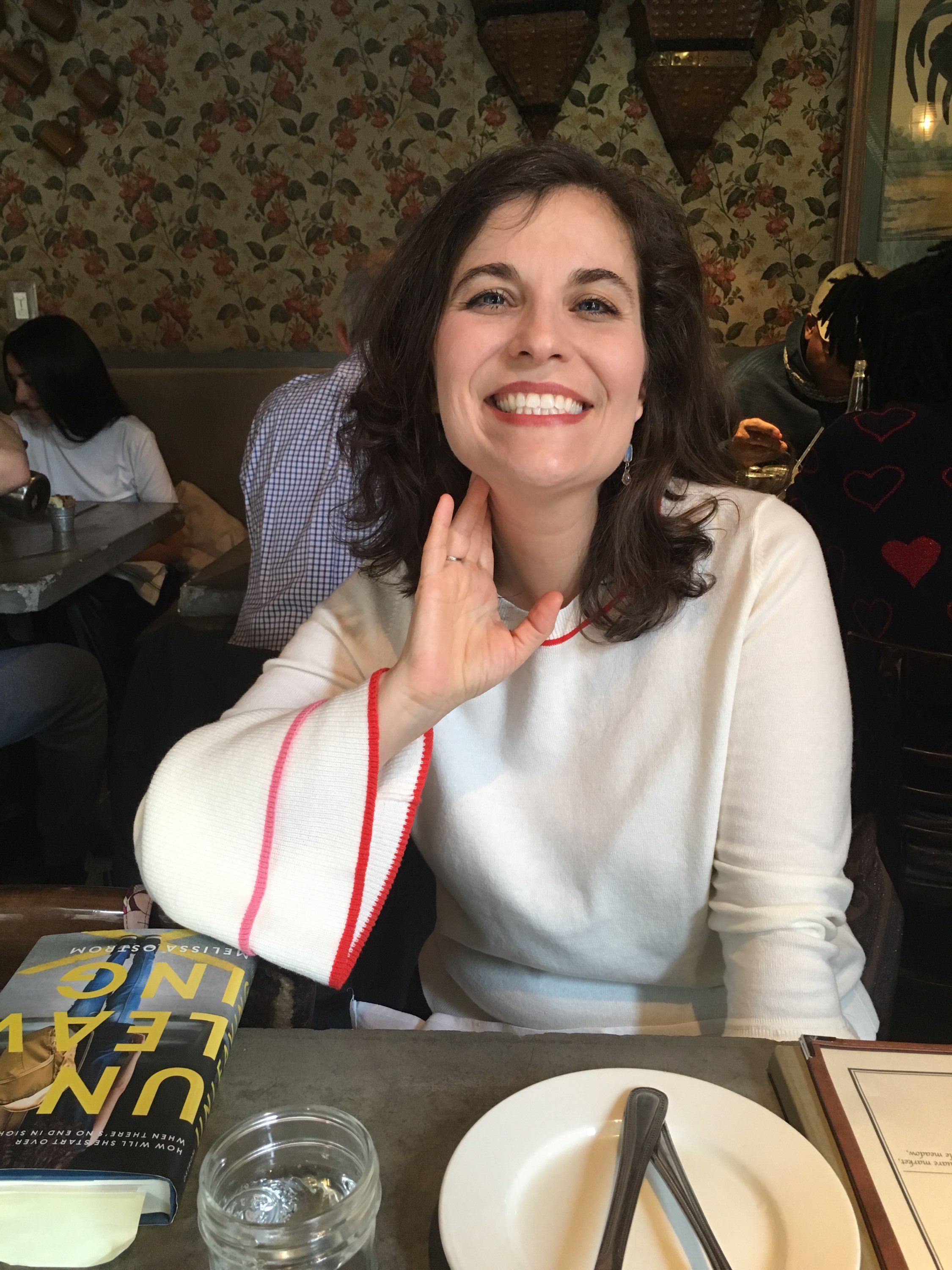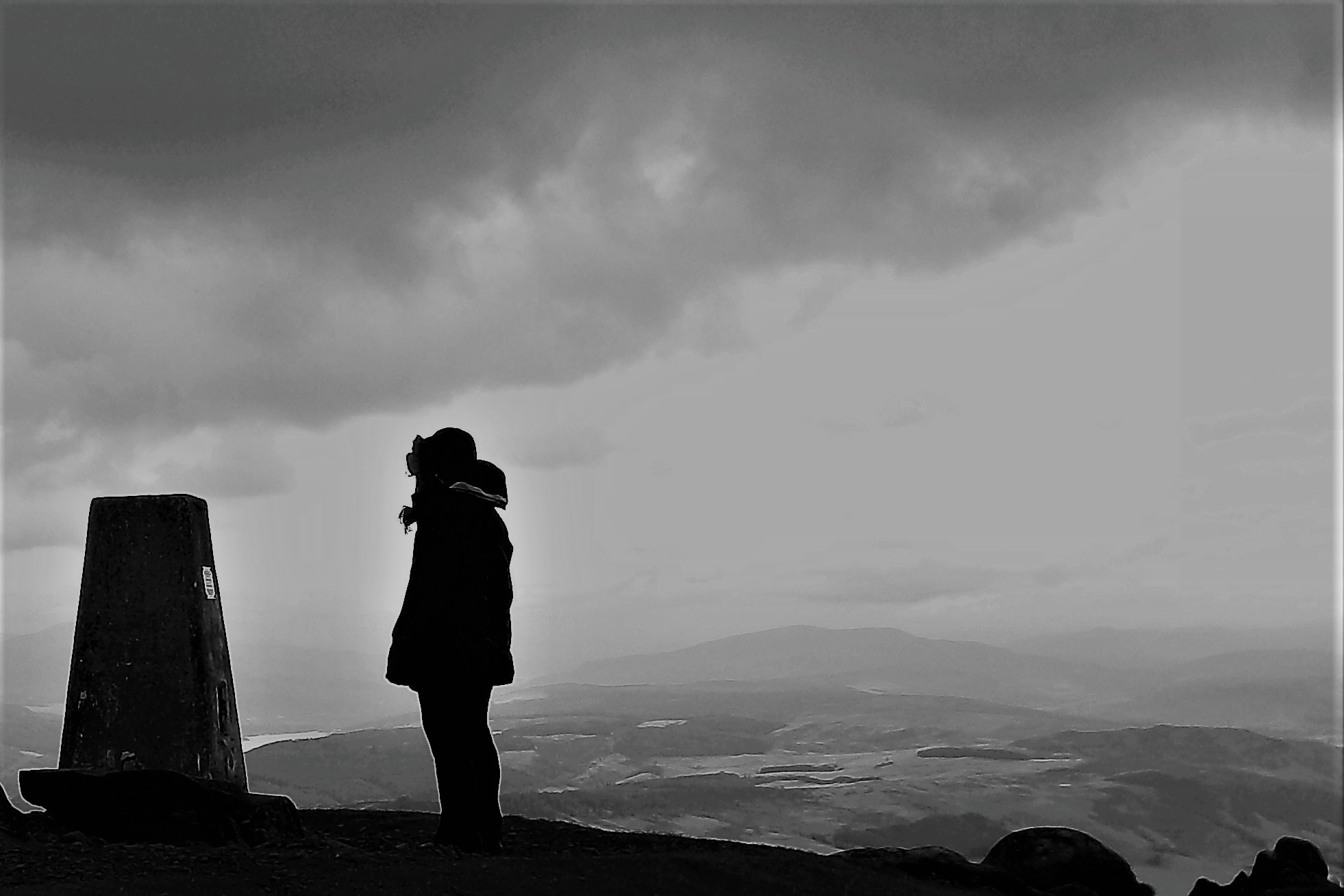OXEYE DAISY — JENNIFER LANG
/You confront him, hands on hips, say, So, did you enjoy that? and he asks what and you say, Your 80th birthday party, a little belated? But he doesn’t realize it’s belated, having lost track of time, no longer able to recall the day he was born. All the guests—your sorority sisters, his fraternity brothers, your friends from Lawyers’ Wives, his from high school across the Bay Bridge—gone, leaving only the two of you in the reception room still awash in UC Berkeley colors with blue-and-gold mini basketballs and plastic cheerleading pom-poms you placed on every table, and me: your second child, only daughter, grown woman with still unanswered why-questions. He tells you it was nice and you say, Good! your voice implying more along the lines of Good because I planned it by myself! or Good because it’s my turn next year and someone better do the same for me! when he leans in, toward you, while I lurk in the doorway, putting presents in bags, observing as you lean in, toward him, hearing his I love you and a loud smack, followed by your I love you, too, making me wince. I get your fifty-nine years of marriage cemented by two children, nine grandchildren, four great-grandchildren, and adventures on every continent but can’t get beyond all the other buts. But his quarter-century betrayal. But your rash decision to stay together. But his diagnosis. Last but of all: your ensuing rage, ending in I-can’t-deal-with-him-anymore-so-I’m-moving-out at age seventy-eight. Honestly, you behave like a sixth-grade girl, plucking flower petals on a daily basis, altering the words I love him-I love him not as I stand, a witness, wondering how to solve the pronoun problem: who is really losing whose mind here—him, you, or me.
American born, French by marriage, Israeli by choice, Jennifer Lang writes mostly about her divided self. Her essays have appeared in Under the Sun, Ascent, Hippocampus, Full Grown People and on Brevity’s One-Minute Memoir podcast. Honors include Pushcart Prize and Best American Essays nominations and finalist in 2017 Crab Orchard Review's Literary Nonfiction Contest. She holds an MFA from Vermont College of Fine Arts and lives in Raanana, where she founded Israel Writers Studio and serves as Assistant Editor at Brevity. Find her at http://israelwriterstudio.com/ and follow her @JenLangWrites.










